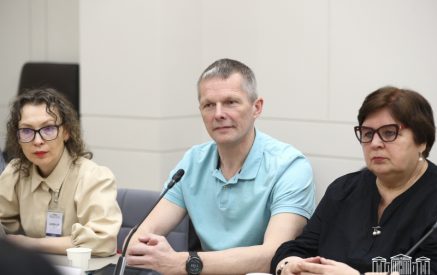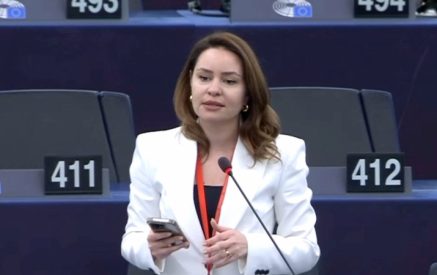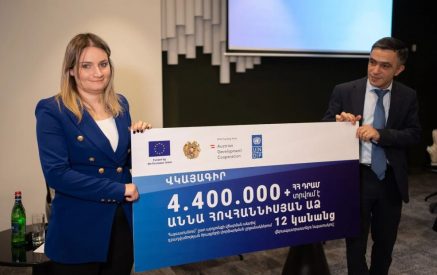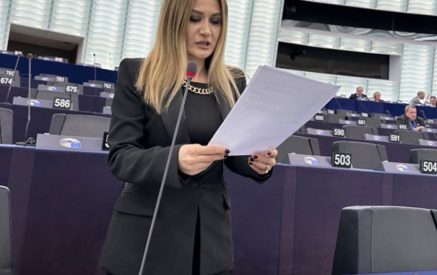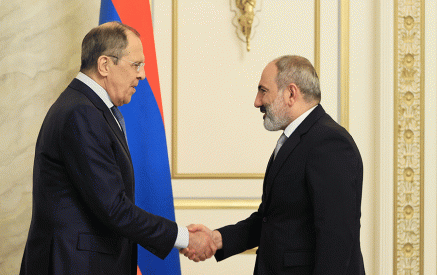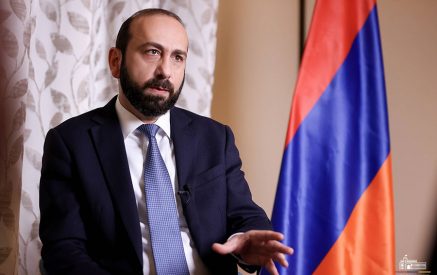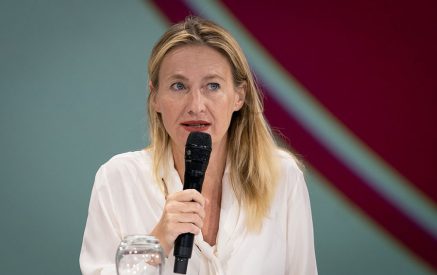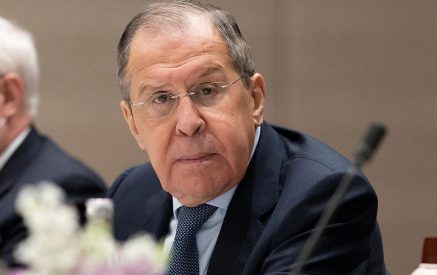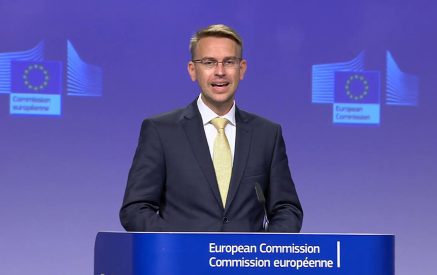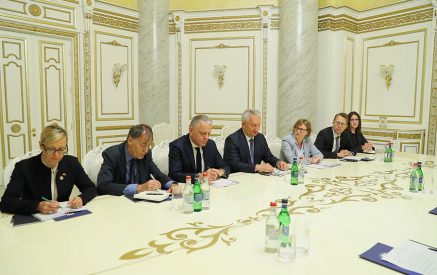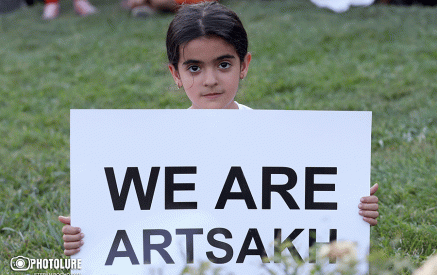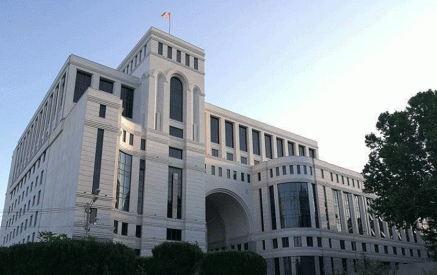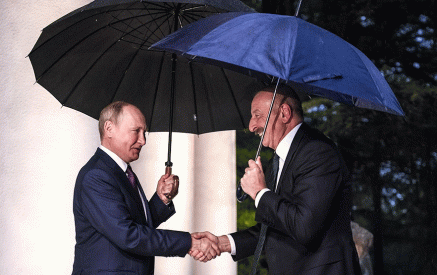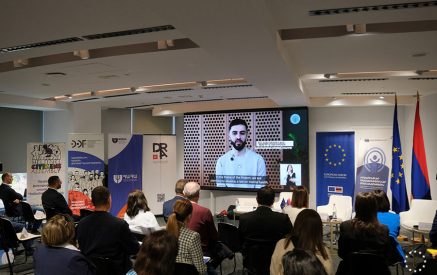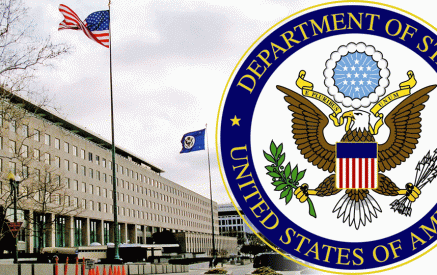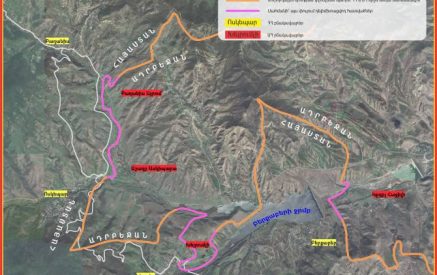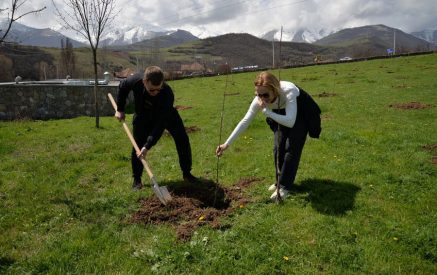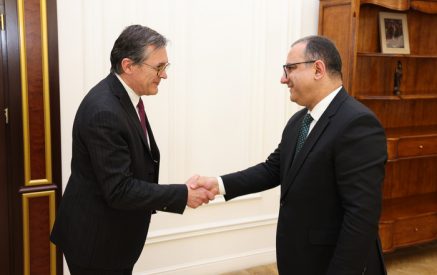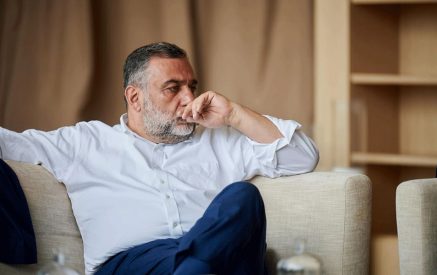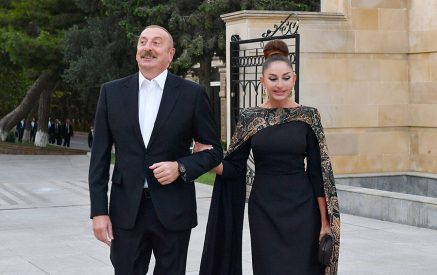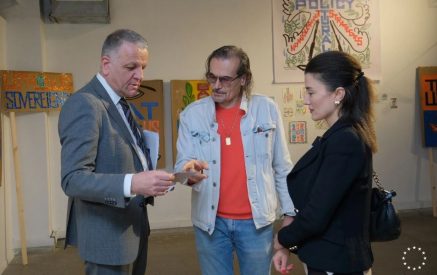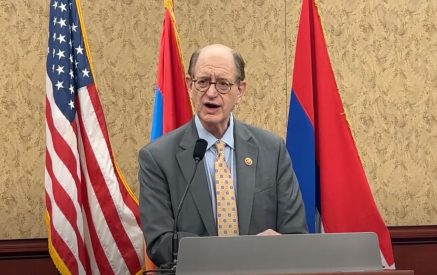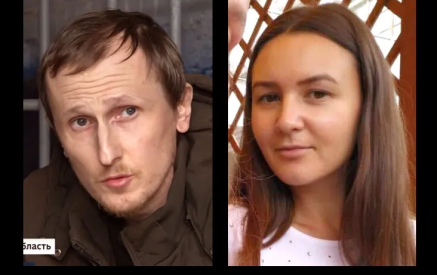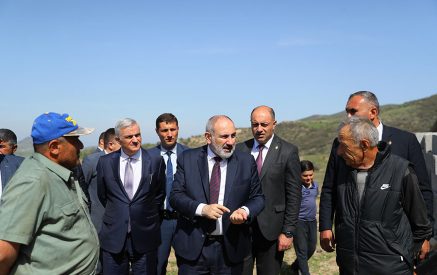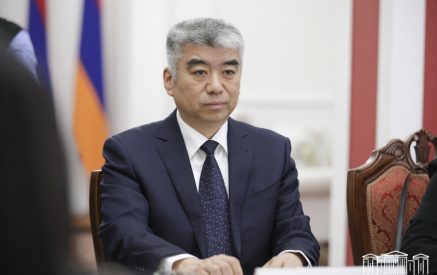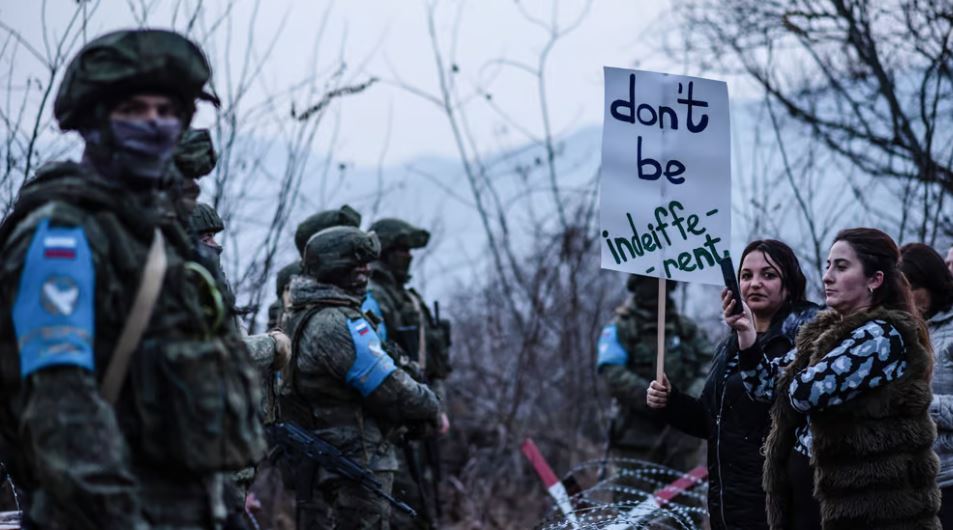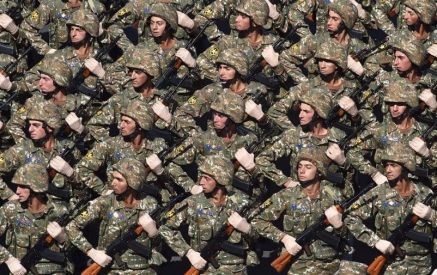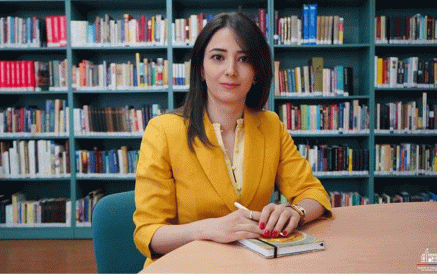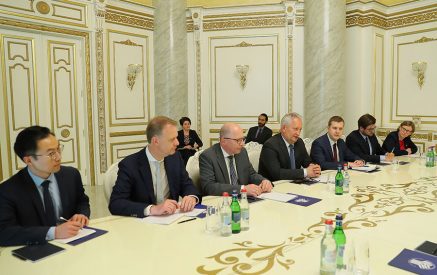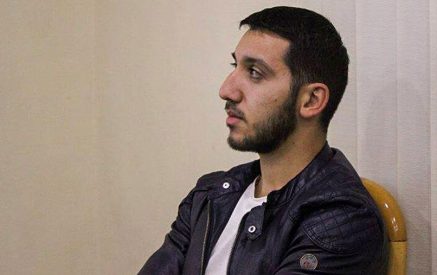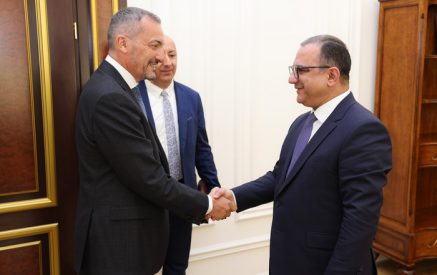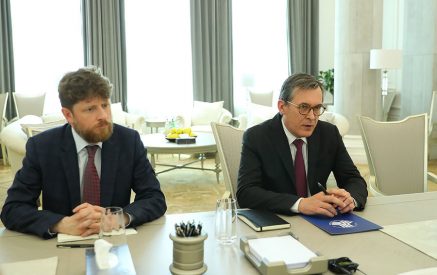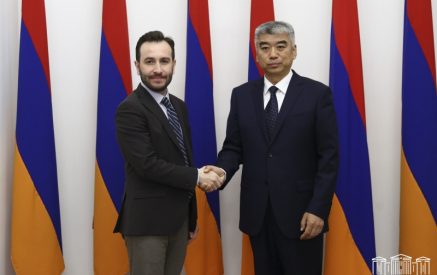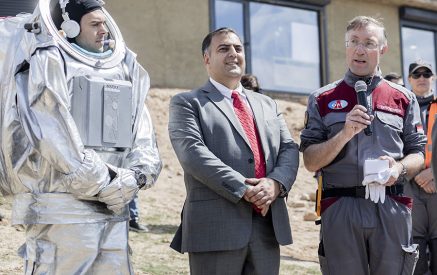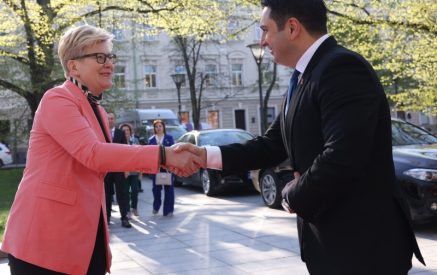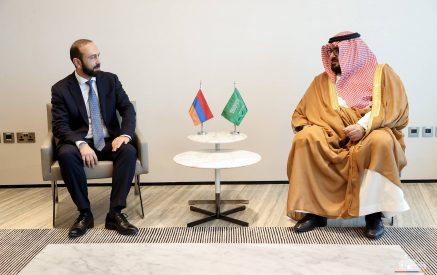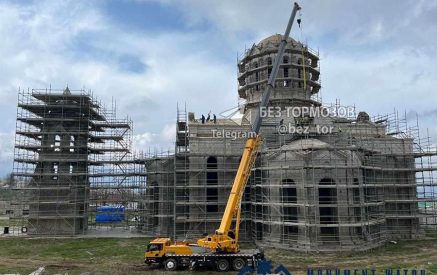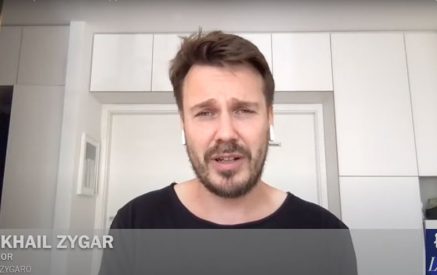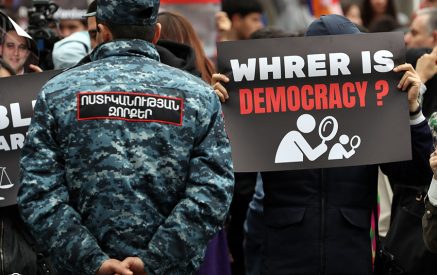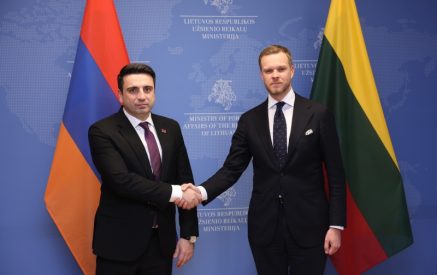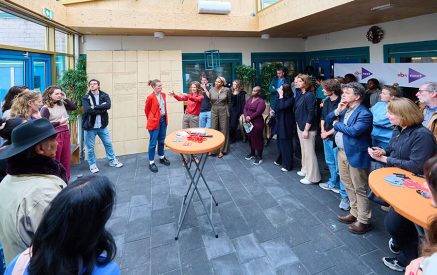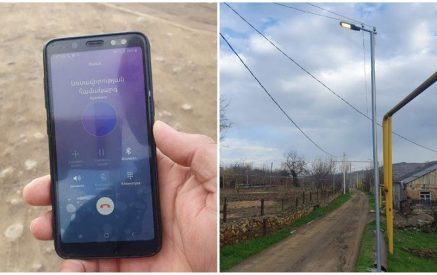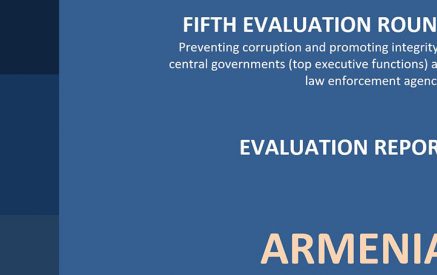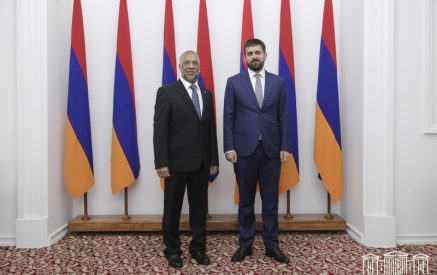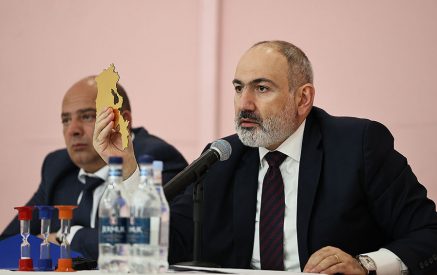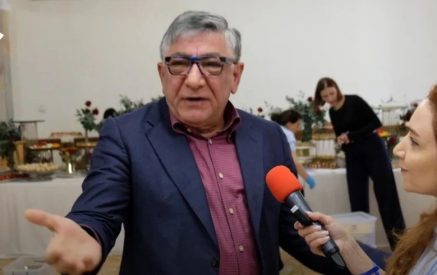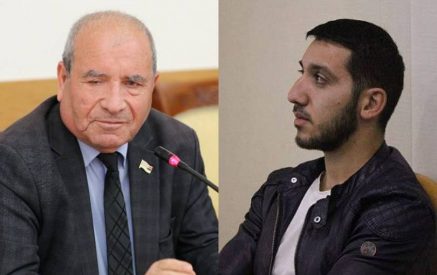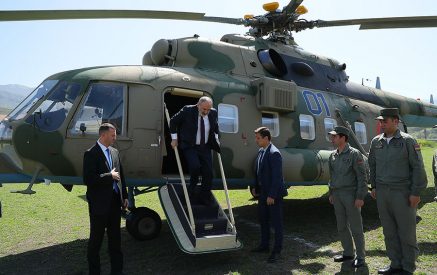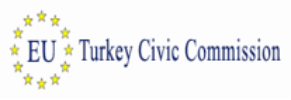Remarks delivered by David L. Phillips to the EUTCC/European Parliament on 6 December 2017.
Remarks delivered by David L. Phillips to the EUTCC/European Parliament on 6 December 2017.
Turkey’s Trust Deficit
Turkey was heralded as an invaluable NATO ally and partner countering violent extremism. My presentation evaluates these assertions and assesses US-Turkey relations under the Trump administration.
NATO Ally
Turkey played an important role as a NATO member, joining the Alliance in 1952. However, NATO is more than a security alliance. It is a coalition of countries with shared values, governed democratically, which uphold human rights. Turkey would not qualify as a NATO member if it applied to join the Alliance today. Under President Tayyip Erdogan, Turkey has become anti-democratic, anti-western, and Islamist. In response to the post-coup crackdown, US Secretary of State John Kerry suggested that NATO “measure” Turkey’s actions and suggested reviewing Turkey’s membership. According to Kerry, “NATO has a requirement with respect to democracy”.
Terror Ties
After the US failed to intervene when Syria used chemical weapons against insurgents in Ghouta (21 August 2013), The Turkish National Intelligence Agency (MIT) established an infrastructure for supporting al-Nusra, Ahrar al-Sham and other jihadists who joined the Islamic State. Assistance ranged from military cooperation and weapons transfers to logistical support, financial assistance, and the provision of medical services.
US officials knew about MIT’s role. During remarks at Harvard University (5 October 2014), Vice President Joe Biden indicated: “Our allies in the region were our largest problem in Syria. The Turks, the Saudis, the Emiratis…were so determined to take down Assad and essentially have a proxy Sunni-Shia war…they poured hundreds of millions of dollars, and thousands of tons of weapons into anyone who would fight against Assad. The people that were being supplied were al-Nusra and al-Qaeda and extremist elements of jihadis coming from other parts of the world.” Biden elaborated, “President Erdogan told me, he’s an old friend, ‘You were right. We let too many people through.” Erdogan denied admitting that Turkey supported Islamist militants. He demanded that Biden apologize for his statement or Biden will become “history to me.” Biden apologized for offending Biden, but did not retract the substance of his remarks.
At a meeting at the Council on Foreign Relations in New York (22 September 2014), Erdogan criticized “smear campaigns [and] attempts to distort perceptions about us.” He decried “a systematic attack on Turkey’s international reputation” saying “Turkey has been subject to a very unjust and ill-intentioned news items from media organizations. My request from our friends in the United States is to make your assessment about Turkey by basing your information on objective news sources.”
Columbia University did just that. We established an investigative team in the United States, Europe, and Turkey. We identified scores of credible sources documenting Turkey’s collaboration with jihadi groups. Columbia’s study concluded:
MIT helped “midwife” the Islamic State, according to Cengiz Candar, a well-respected Turkish journalist. Almost all the passports of deceased jihadis in collected in Syria had been stamped in Turkey.
MIT sanctioned and supported the jihadi highway from Sanliurfa to Raqqa. The border was called, “The Gateway to jihad.” According to an ISIS commander, “Most of the fighters who joined us in the beginning came from Turkey and so did our equipment and supplies.”
Many cell phones of jihadis collected in Syria had SIM cards that come from Turkey. There is an extensive record of financial transactions involving hawala systems in Gaziantep and the Istanbul Grand Bazaar.
The Turkish government facilitated weapons supplies, as evidenced by an official directive signed by the Interior Minister sanctioning support to al-Nusra (13 June 2014).
Turkish truck drivers documented their delivery of weapons to combatants in Syria. MIT agents on the border tried to prevent customs agents from inspecting the vehicles. Can Dundar, Cumhurriyet editor in chief, and Erdem Gul, the Ankara Bureau Chief, received sentences of 5 years and ten months and 5 years respectively for reporting MIT’s involvement. The Turkish Grand National Assembly passed a law prohibiting the media to report on MIT’s activities.
Turkey colluded with ISIS during the battle for Kobani. According to Anwar Moslem, Mayor of Kobani, “There is evidence, witnesses, and videos of trains from Turkey full of ammunition…”
Ex-Turkish Special Forces provided training to jihadis. ISIS posted training videos in Turkish. Fighters were recruited in Turkish towns like Konya, as well as in Germany.
Especially in Gaziantep and Sanliurfa, Turkey provided and paid for the medical care of jihadis wounded in Syria, including members of Abu Bakr Baghdadi’s inner circle. Taraf quotes the Minister of Health: “It is a human obligation to care for ISIS wounded.”
Turkey was the chief beneficiary of ISIS oil trade. Oil was transported by convoys of trucks across the border arranged the Powertrans, an oil trading company controlled by Berat Albayrak, Erdogan’s son-in-law. According to the ISIS Finance Ministry, $3.5 million was generated daily through trade with Powertrans. The supply chain of oil and refined oil products ended up in Adana. The BMZ Group, owned by Bilal Erdogan, was allegedly shipping ISIS oil at discount rates.
Turkey’s active collaboration with ISIS slowed in 2015, as ISIS grew increasingly critical of Erdogan. The US launched air strikes against ISIS from Incirlik Air Force Base. In a reversal, ISIS media called Turkey an “apostate regime” aligned with “crusaders.”
The Justice and Development Party (AKP) has not changed its core ideology. The AKP functions like a branch of the Muslim Brotherhood. For example, Deputy Prime Minister Bulent Arinc reproached women for laughing in public, referring to laughing or smiling as “moral corruption.”
US Approach
President Donald J. Trump is more willing to engage and accommodate than his predecessor. Despite voting irregularities during the referendum to amend the constitution (15 April 2017), Trump called to congratulate Erdogan and invited him for an official visit to the White House. Welcoming him, Trump said: “It’s a great honor and privilege — because he’s become a friend of mine — to introduce President Erdogan of Turkey. He’s running a very difficult part of the world. He’s involved very, very strongly and, frankly, he’s getting very high marks. And he’s also been working with the United States.”
In Erdogan’s 20-minute meeting with Trump (21 September 2017), Erdogan demanded that the US:
Extradite Fethullah Gulen whom he accused of masterminding the coup in July 2016.
Drop the charges against Reza Zarrab, the dual Iranian-Turkish national, arrested at Miami Airport and charged with money laundering that helped Iran and the Iranian Revolutionary Guard Corps evade sanctions to support nuclear activities.
Discontinue support for the Peoples Protection Units, insisting that the YPG and PKK are one and the same.
Other issues further complicate US-Turkey relations. Turkey bought S-400 missiles from Russia, paying $2.6 billion. The acquisition has strategic implications. Buying sophisticated weapons from Russia undermines the NATO principle of interoperability.
A US Grand Jury issued arrest warrants for nineteen of Erdogan’s bodyguards who beat US citizens outside the Turkish embassy in Washington (17 May 2017). In response, the US Congress voted overwhelmingly to censure Turkey and prohibited the sale of equipment for use by Erdogan’s security detail.
Turkey arrested US consular officials in September 2017, leading to a mutual ban on the issuance of non-immigrant visas by Turkey and the United States. The US partially lifted its visa ban as a gesture of goodwill prior to the visit of Prime Minister Binali Yildirim to Washington (8-9 November 2017).
Yildirim provided additional information to support Gulen’s extradition. It is, however, unlikely that the US will extradite. If it does, extradition requires a court order. Gulen has the right to appeal. Gulen knows a lot about Erdogan’s past activities. Gulen’s information would come out in a US court of law.
Reza Zarrab is cooperating with the prosecution, in exchange for lenient sentencing. He is a “jar of secrets” with intimate knowledge of Erdogan’s financial crimes. According to Zarrab, Erdogan signed off on the scheme. He “had given an order, for [Ziraat and Vakif banks] to start doing the trade.”
The Turkish Foreign Ministry reported that Trump promised to discontinue assistance to the YPG in a phone call with Erdogan (21 November 2017). The US disputes this report, indicating it will continue to cooperate with the Syrian Democratic Forces, including the YPG, until ISIS is vanquished.
Nonetheless, Kurds have reason for concern. Trump takes a transactional approach to politics and international relations. Though the YPG played a critical role liberating Raqqa, Trump might accede to Turkey’s demands, discontinue security assistance, and ultimately classify the YPG as a Foreign Terrorist Organization. After Kirkuk, the YPG could be next for betrayal by the Trump administration.
Turkey is an outlier, out-of-step with European values. The post-coup crackdown revealed Erdogan’s inner Stalin. Today Turkey is a giant gulag. Zarrab’s testimony about Erdogan’s corruption is pushing Erdogan to intensify his crackdown on domestic opposition, which further erodes the appearance of democratic legitimacy and exacerbates an already volatile situation.
The rule of law means nothing in Turkey under Erdogan’s dictatorship. Turkey’s judiciary is corrupted and politicized, yet the European Court for Human Rights refuses to consider 25,000 pending cases pending until complainants have exhausted local remedies. The international community should help progressive Turks get rid of Erdogan. Only when Erdogan is removed can Turkey resume its constructive cooperation with Euro-Atlantic institutions.

